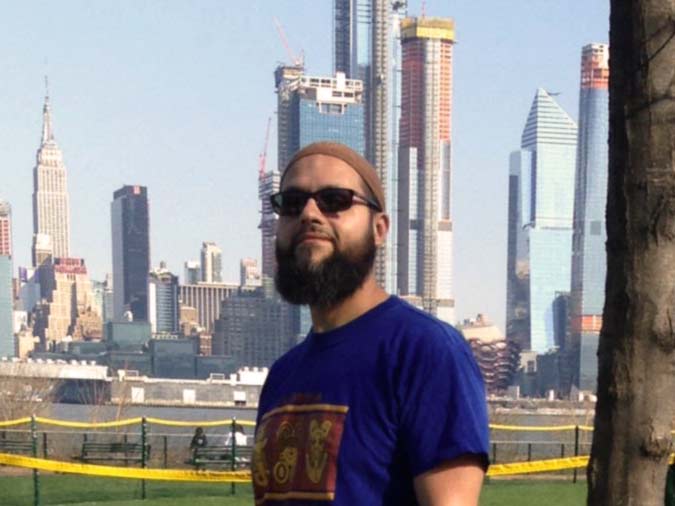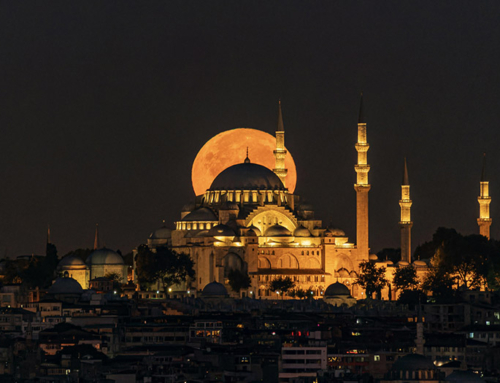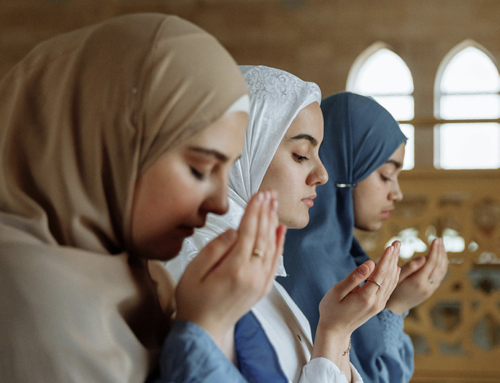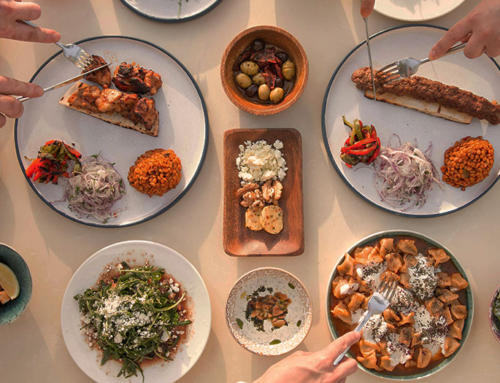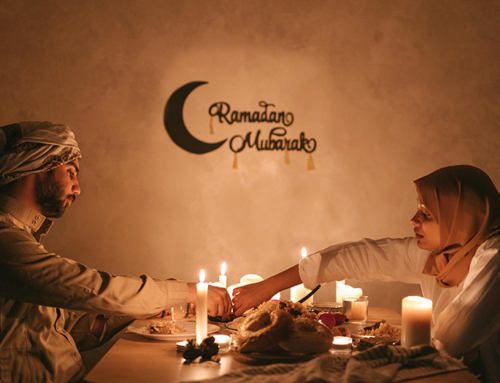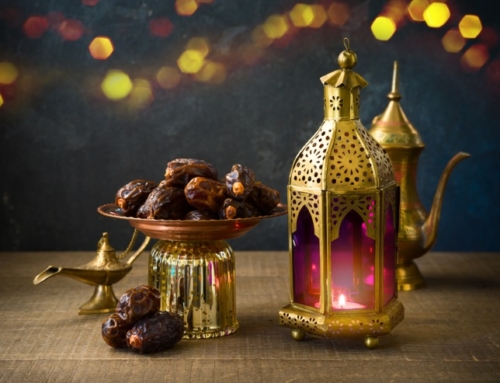Please Tell us a Little About Yourself
With the name of Allah the generally Merciful and specifically Merciful.
My name is Musa Franco. I have been Muslim since the age of 14. I became Muslim at a time when there were not many Latin American converts in my community. I took my shahada in the North Hudson Islamic Education Center in New Jersey. My first teachers were brother Kamal Al Jayeh and Sheikh Muhammad Al Hayek. I would save any money that I was given and would travel to Brooklyn and Queens in order to purchase Islamic lectures and books. I still continue to study Islam whenever I can.
Is Being an American Muslim a Big Part of Your Identity ?
Being an American, Colombian and Muslim are all part of my identity. All of my education took place in the United States. I grew up on American entertainment and food. Likewise, in my home I spoke Spanish with my family. We regularly hosted family members visiting from Colombia. We ate Colombian food at home. My “Muslimness” developed as I learned more about Islam and became more involved in the Muslim community. I have a bunch of Muslim friends, some of whom I have known for as long as 20 years. They’ve celebrated my wedding at the masjid, birth of my children and shared major milestones and setbacks in our lives.
What Was Your first Ramadan Experience Like?
The first Ramadan was difficult as a convert. My family is not Muslim. So breaking fast alone was not easy. But Alhamdulilah whenever I could make it to the masjid I enjoyed breaking fast with the community. Also, getting invited to people’s homes to break fast was always great.
What is Your Advice to New Muslims Doing Ramadan?
My advice is remain steadfast on the path of Islam, as it is the means of a person obtaining salvation. Fasting is one of the pillars of Islam. It is required upon all Muslims who have reached the age of responsibility. It is means of expiating our numerous sins throughout the year. It assists in getting rid of bad habits like smoking, gossiping, cussing, and having illicit relationships. It is the one deed that Allah exclusively rewards.
Rewards, Protection, and Divine Pleasure
The Messenger of Allah said: “Indeed your Lord said: ‘Every good deed is rewarded with ten of the same up to seven hundred times over. Fasting is for Me, and I shall reward for it.’ Fasting is a shield from the Fire. The smell coming from the mouth of the one fasting is more pleasant to Allah than the scent of musk. If one of you is abused by an ignorant person while fasting, then let him say: ‘Indeed I am fasting.'” (Timirdhi)
Embracing Hardships and Building Brotherhood
This hadith implies that reward for fasting can be much more than 700 times over. Fasting is also a time of appreciation and gratefulness. Because, there are many things that we as human beings take for granted and fasting can allow us to see things from a broader perspective. As converts, we may feel like it’s a hardship. Especially, when you are fasting by yourself at home and at work. But we must remember that hardship can often bring out the best in us. A key concept of Islam is submission.
Also, I believe they should go and break bread with the masjid as much as they can. This will allow for networking and it may encourage other Muslims to invite them to partake in the Ramadan activities. Building a stronger brotherhood/sisterhood bond.
What Would You Wish on Muslims Would Know About the Ramadan Experience ?
Fasting is not impossible. It is something that benefits the children of Adam. It is something that Allah mandated for us and the nations before us. Nevertheless, our fasting is very different from the Christian fast of not eating meat. Or giving up sweets. Also, everything we do is based on the revelation from Allah. We do not legislate for ourselves. We cannot decide that we cannot fast because we are too hungry. Fasting is a pillar. Also, modern science is showing the benefits of the Muslim fast. Islam will always continue to be shown as the truth. Like Allah says, we shall show them our signs in the horizons and even in themselves, until they will become convinced that this is the truth from their Lord.
What Should Non-Muslims Know About Ramadan?
Non-Muslims should know that Ramadan is a fast that Muslims engage in on a yearly basis. It is a fast that begins with the first call to prayer and ends with the sundown prayer. It is a month that teaches us about self-restraint and sacrifice. The fast means we cannot consume anything from sunrise to sunset. That includes water. Muslims should also refrain from getting angry and show mercy to all. Muslims are not allowed to have sexual relations throughout the fasting time. Those that cannot fast have to pay an expiation for not being able to fast. People of old age, pregnancy, breastfeeding and sickness are not required to fast. People who travel long distances can break their fast but have to make it up. Fasting is a major pillar of our religion. So much so that are holy Prophet peace be upon him encouraged us to fast numerous times throughout the year not only during Ramadan. The Prophet encouraged Muslims to fast every Monday and Thursday and many other days throughout the month and year. It is also a time for charity and assisting the indigent through monetary means and helping people in general with financial and physical assistance.
A Sacred Time for Prayers and Quranic Reflections
Ramadan is also a special time for prayers. We have the special night prayers (taraweeh) which serve as means to becoming closer to our lord. Ramadan is also the month in which the Quran was revealed. It is the month of the Quran. Many Muslims will finish reading the entire the Quran at least once during the month of Ramadan.
Got Questions?
We have Answers. Get in touch now.


